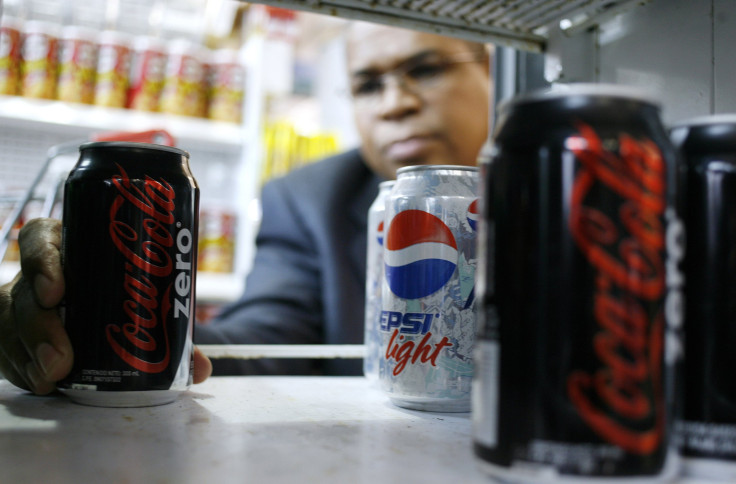Pepsi's Caramel Coloring Contains Worrisome Levels of Carcinogenic Chemical, According to Watchdog Group

After a recent California law imposed stricter standards on product formulations in soft drinks, both Pepsi and Coca-Cola agreed adjust their recipes accordingly by reducing the level of a carcinogen occurring in the product’s cooking process. Failure to comply with the new regulations would have required cans to come with cancer warning labels.
However, Pepsi has yet to extend the adjustments beyond the California market, according to New York Daily News.
On Wednesday, watchdog group The Center for Environmental Health said the drink still contained worrisome levels of the chemical 4-methylimidazole, or 4-Mel – a compound originating in certain kinds of caramel coloring used in Coca-Cola and Pepsi’s products.
While Coca-Cola is purportedly adjusting their entire national manufacturing process in an effort to avoid separate inventories, Pepsi won’t implement the changes outside the California market until early next year, when the company’s transition to new, modified caramel is expected to conclude.
A timeline for the global market has not yet been established. However, Pepsi maintains that, by standards provided by the Food and Drug Administration (FDA) and other regulatory agencies worldwide, the caramel coloring should be considered safe.
After collecting samples outside the California market, The Center for Environmental Health commissioned Eurofins Analytical laboratory in Metairie, La., where researchers recorded levels of 4-Mel four to eight times higher than the safety level established by the new law. When testing products purchased within the state, the lab did not find significant levels of the chemical.
There is, however, no real reason to panic for consumers outside California, as the link between the 4-Mel and cancer appears to have little scientific footing beyond a lab mice experiment concerning extremely high doses of the chemical. According to the FDA, you would have to drink more than 1,000 cans a day in order to reach the carcinogenic levels found in the study.
Trace amounts of the chemical is fairly common, and can be found in a variety of food products.



























